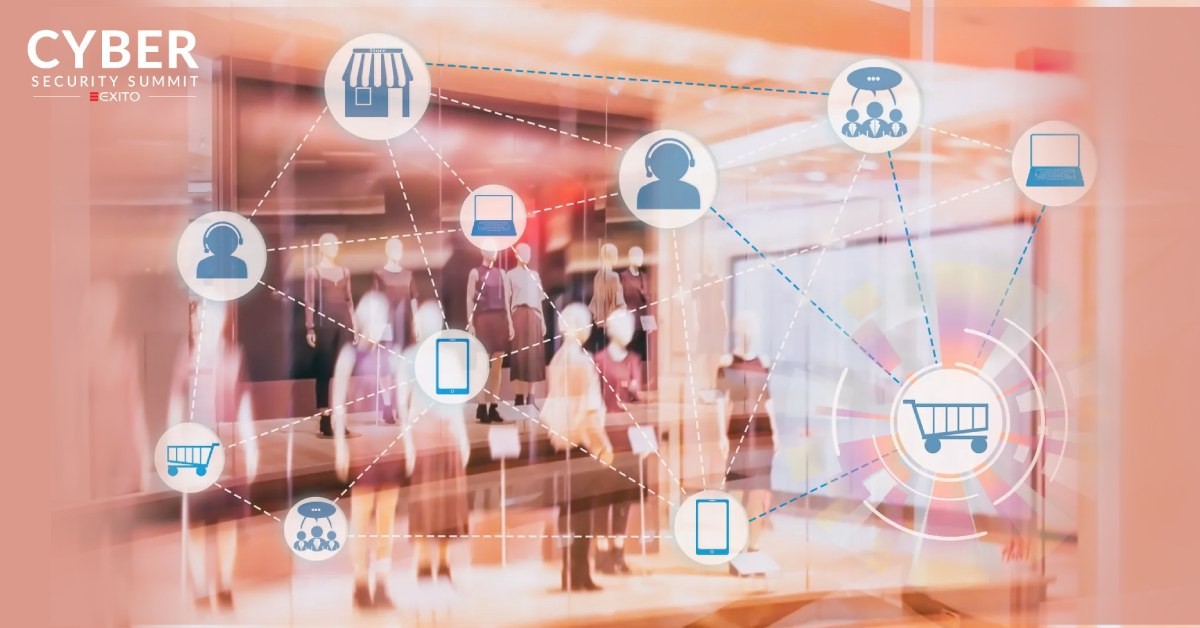Introduction
Data is a significant factor for retailers Post-Covid, as it is not just crucial for the retailers to know the customer better but also to ensure that their IT infrastructures are secure and up-to-date.
However, as retailers struggled to stay afloat after the Covid breach, the retailers with outdated IT infrastructure or those who do not have one were the most vulnerable. This has shown them that they need to become more reliant on their IT infrastructures.
Therefore, in the post-covid era, retailers have become highly dependent on their IT infrastructures. They collect data from point-of-sale devices, customer loyalty cards, and other sources to make inventory, marketing campaigns, and pricing decisions. The retail industry needs to take proactive steps to maintain cybersecurity and manage data this can be done by having a fully functional cloud management system and an IT infrastructure capable of leveraging data to grow their business.
Here is how data can help retailers move forward in the post-covid era
Better understanding your customers
Much of a retailer’s most important data is stored in its IT infrastructure, but accessing that data requires the cloud. Now is the moment for merchants to make the switch to the cloud. Cloud management makes jobs and maintenance easier, increases operational uptime, and allows merchants to scale up and down in response to demand. It enables merchants to maximize the value of consumer data in order to develop customer-centric activities. Big data from cloud-managed networks may be mined for granular insights and utilized to improve in-store consumer interaction, generate value-added experiences, and, most critically, meet customer health and safety requirements.
Personalize customer experiences
Once a cloud-based infrastructure is in place, the key is feeding that data into machine learning and Artificial Intelligence (ML/AI) technologies to develop personalized experiences and forecast future spending trends. Retailers may learn more about their consumers — their behaviors, preferences, and how they interact with the brand – utilizing machine learning and artificial intelligence (ML/AI) both during and after COVID-19. This information may help guarantee that merchants adhere to consumer health and safety procedures throughout their businesses, which is crucial during a pandemic.
Enhance customer retention
Predictive analytics may assist businesses in using customer segmentation to categorize customers based on their interests and preferences once they have targeted their client base at the individual level. Using data analytics solutions, retailers may segment audiences based on demographics, consumer lifestyle, and behavioral aspects. This allows businesses to clearly understand their customer segmentation and how they should advertise items to each category, which is helpful for retailers planning their marketing strategy for a post-COVID retail scenario.
Conclusion
Retailers are faced with a new set of problems post-Covid. The data breaches and the subsequent loss of customer trust have made it difficult for retailers to make decisions in their own best interests.
The data is the most significant factor in decision-making for retailers post-Covid. It not only provides insights into consumer behavior but also helps identify where the company needs to improve as well as what they need to do to stay competitive.
The future of retail lies in cybersecurity and cloud management, which is why it is pertinent for retailers to invest in these areas and leverage the power of data.














